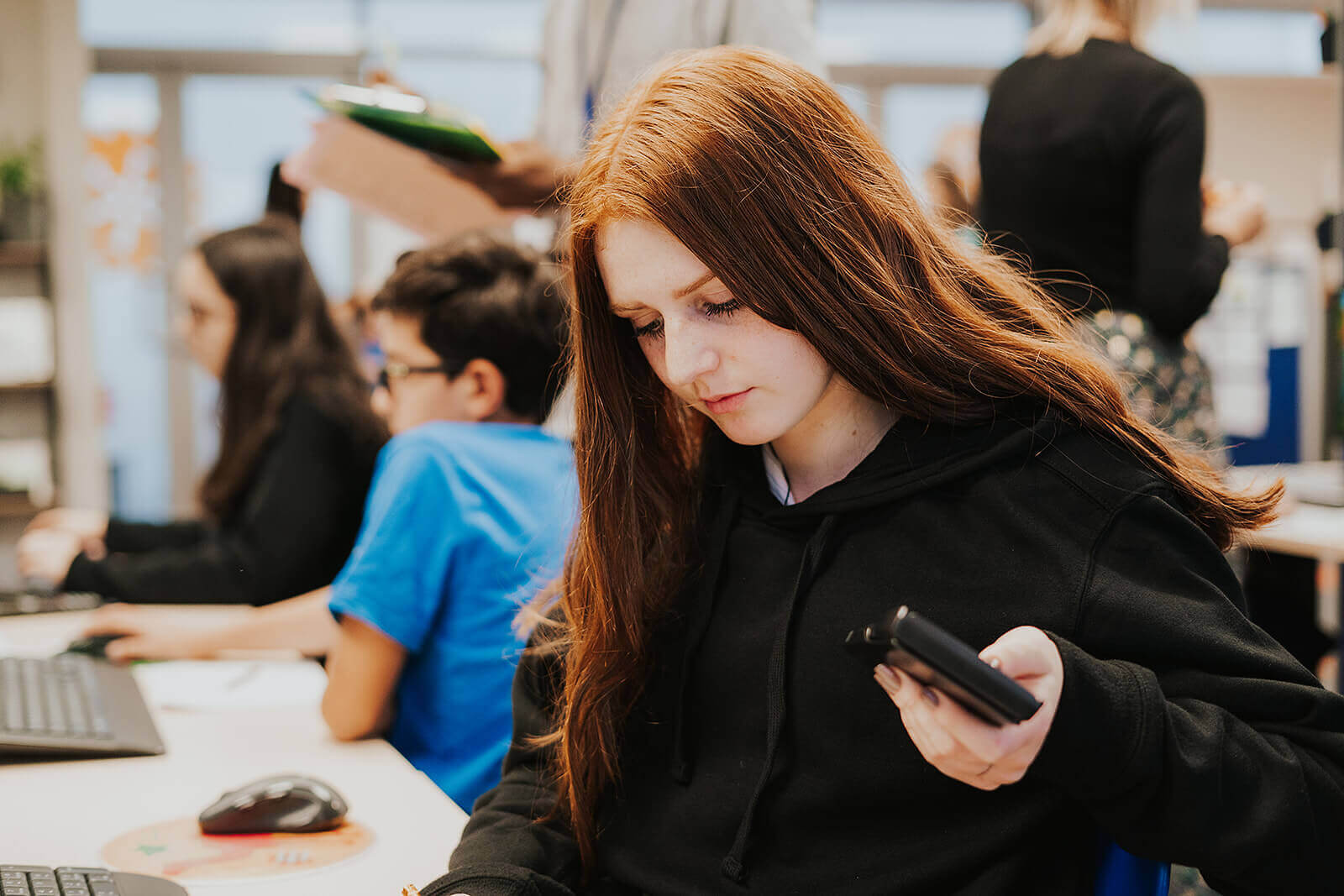How reflection helps children
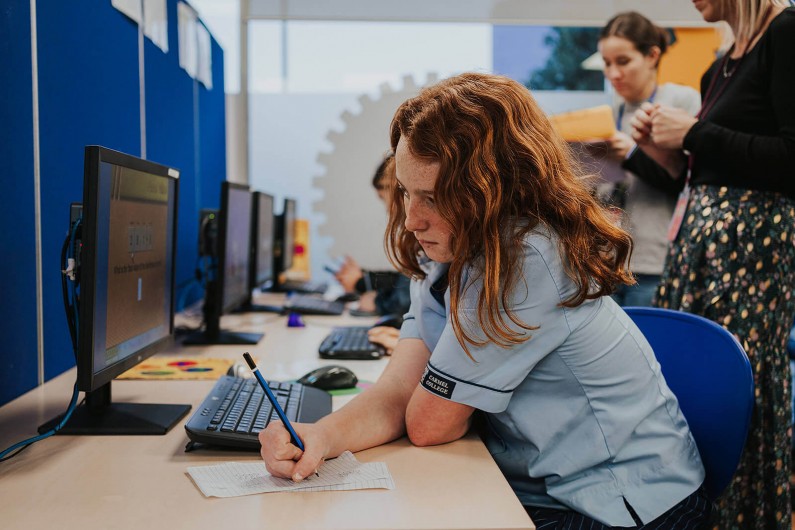
Reflection is a fundamental part of personal growth and development. It allows us to pause, think, and learn from our experiences. Learning to reflect early in life helps set children up to become resilient learners and critical thinkers, who have the ability to overcome challenges and achieve success. As educators, we know that reflection is a core competency that is beneficial to both adults and children. This blog explores the benefits of reflection for children and how you can help your child reflect on their experiences.
1. Develops essential skills
Being able to reflect on our work can help us to develop essential skills. For children, reflection helps build pivotal skills such as memory, questioning, recalling information, and critical thinking. These skills are not only beneficial to have in school, but also in everyday situations. Whether your child is reflecting on their schoolwork or personal goals, it requires them to think critically, evaluate, and question. Help your child to think through what happened, what went well, what went wrong, and how they can learn from the experience to do better next time.
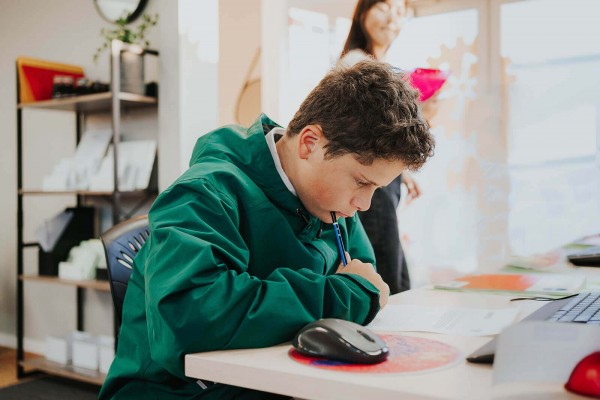
2. Builds confidence
As a foundation for lifelong learning, reflection helps children build confidence and fosters growth and development. Reflection helps us understand ourselves better by developing a sense of self, which enables us to focus on our personal growth. Practicing reflection allows children to nurture observational skills, learn from their mistakes, and overcome setbacks, while building resilience and confidence that will benefit them beyond their school years. Help your child make reflection a habit and incorporate it into their school routine.
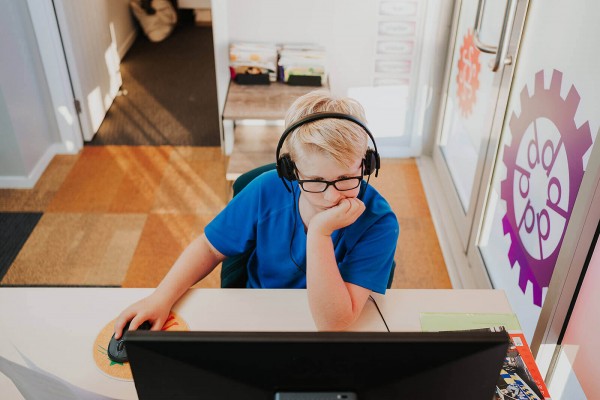
3. Meaningful learning
As educators, we know and stress the importance of learning. There is more to learning than just being at school and in the classroom. Active reflection promotes meaningful learning because when students reflect on their achievements and opportunities for improvement, they begin to make connections and identify paths to take on further challenges. As your child learns to reflect on their learning experiences and actions, it helps them make changes and their learning becomes more meaningful and productive.
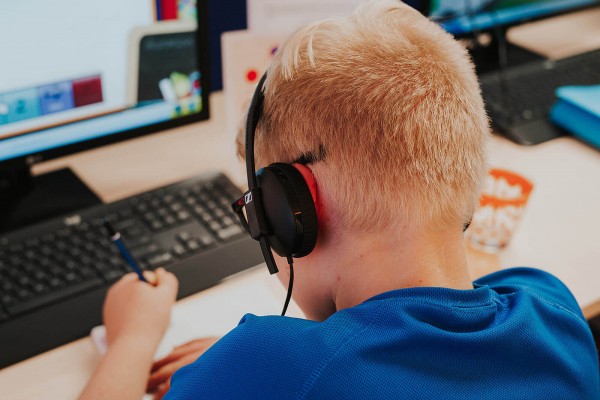
4. Enhances metacognition
Metacognition is a form of reflection and is defined by an individuals’ awareness of their own thinking, in order to grow. Helping children reflect on their actions and attitudes can enhance their metacognition. It helps children become aware and identify areas that need improvement or change, acknowledge where they’ve grown or succeeded, and motivate them to move forward and achieve their goals. A great way to help children monitor their own thinking and promote metacognition is through the use of personal learning journals. Equip your child with a journal, where they can write down and reflect on what and how they learned.
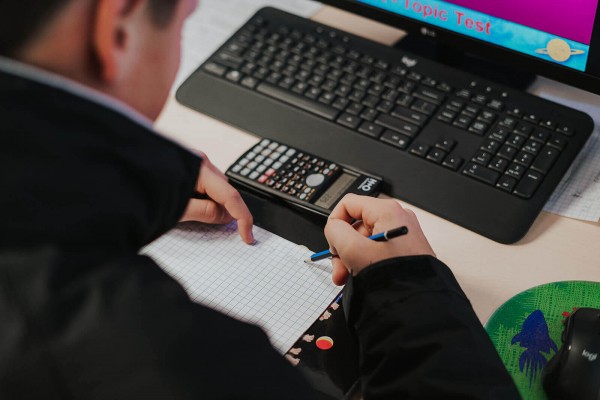
Reflection encourages children to take ownership of their learning, actions, and personal growth. The more actively a child practices reflection, the more it becomes second nature. At NumberWorks’nWords, we encourage our students to reflect on their work and academic goals to enrich their learning and development. If your child is an English or maths whizz and wants to take their learning to the next level, or is struggling to keep up at school, we can help! Get in touch with your local centre to learn more, or book a free assessment today!



